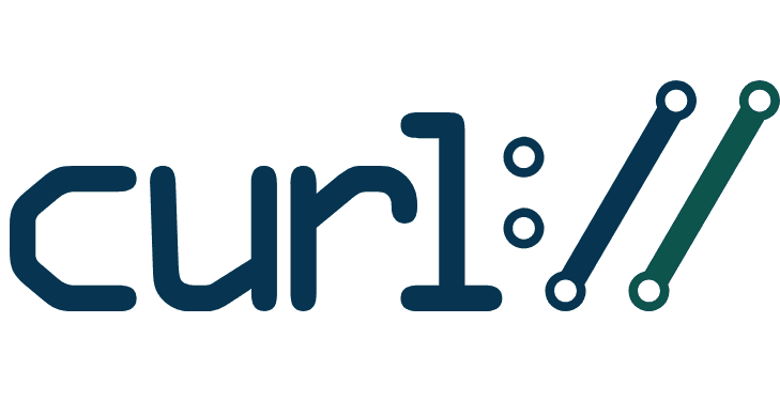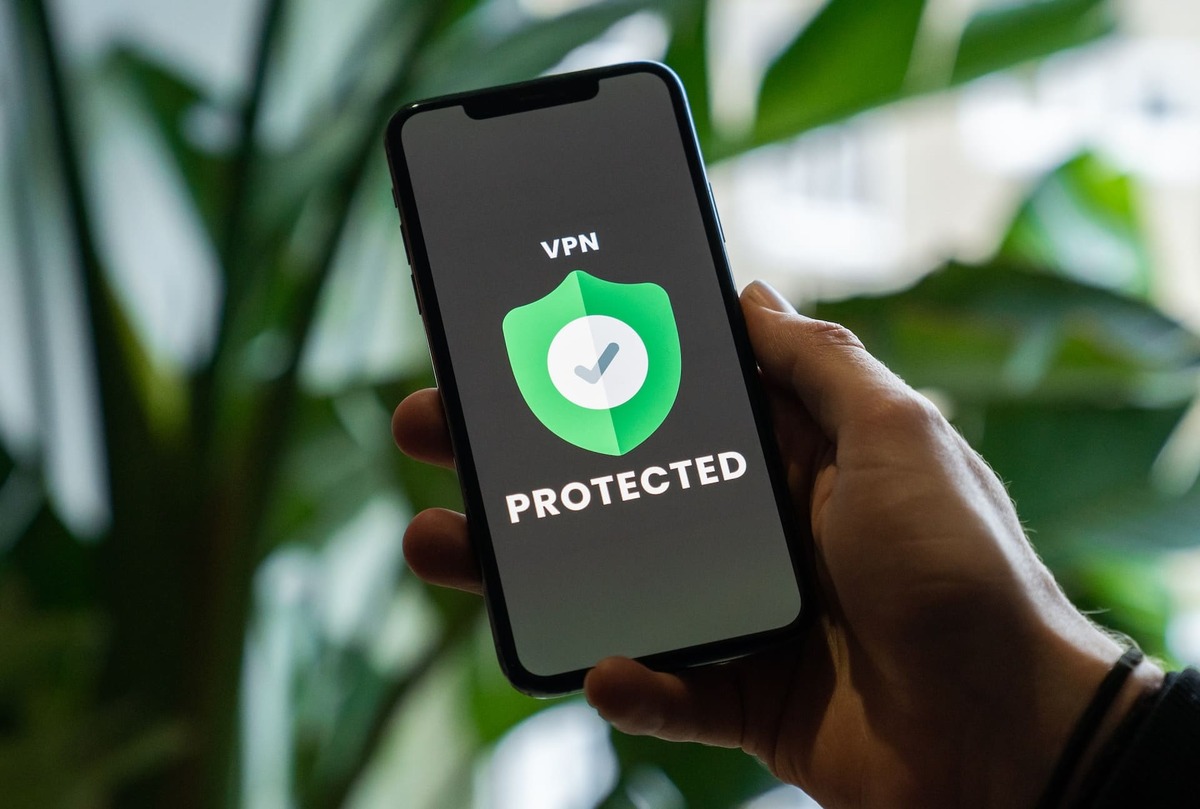
To begin with, it is necessary to familiarize ourselves with the very meaning of such a word as “proxy”. A proxy is an electronic device that plays the role of an intermediary between a network user and the resource that we are looking for. Classification of such complex systems occurs on several criteria at once. Here we can highlight the protocol, rotation, limited access provided, price.
Nowadays, proxy servers play quite a big role for the digital landscape. Yes, the choice of a good server is a direct guarantee of access to uninterrupted internet without problems. But now there are quite an impressive number of diverse proxy servers. It is because of this that some users have some difficulties in choosing the right one. The most popular in recent times are mobile and resident proxies. All technical differences between mobile and resident proxies are aimed at improving the quality of the mechanisms. But it is very important to know the main differences between mobile and resident proxies.
Principle of mobile proxies
Mobile proxy is presented as a separate software and hardware complex, which act as an intermediary between the network and its users. Mobile type of proxy server functions on the principle of data exchange due to proxying of human requests with the help of mobile Internet. In this case, absolutely all requests must go through the mobile operator. Also here the Ip-address is actively used. It is the latter that can now be called an absolutely unique invention. Create several Ip-addresses, which are then assigned to a certain number of subscribers. Yes, it can be that at once, conditionally, 100 users have the same address. This greatly facilitates the work of the operator and does not overload the system. But there is one disadvantage here. The fact is that social networking giants now have to adjust their ban systems. If this is not done, then specific addresses can fall into the blocking, and along with them thousands of their subscribers.
It’s important to note that there are now quite a few different approaches to the functioning of mobile proxies. And different companies will use different techniques. But the most popular and reliable option is the one that redirects traffic from SIM cards to an internal server. This approach ensures the fastest possible operation of all servers. Mobile devices can easily pass the authentication stage inside the network of their operator. Also during this, Imei is automatically entered into the main registry of communication nodes. After these steps, the proxy is free to start managing data transmission through the phones. This makes it possible to analyze and pass any request through the mobile internet. Mobile proxies provide the best possible and reliable system to control all access. They are able to change the ability to pass information on specific channels. Thanks to them, the system is saddled with dynamic sets of all subscriber addresses. Mobile proxy servers give the opportunity to be effectively realized on any protocols. But it is important to know that mobile proxies have their own advantages and disadvantages. They should be studied in detail before using this or that server.
What are the advantages and disadvantages of mobile proxies?
After a long time of testing proxies in practice, it is possible to indicate the presence of certain advantages of using mobile proxy servers. For example:
- the possibility of dynamic change of IP-addresses;
- impossibility to block IP addresses;
- proven and reliable address rotation system;
- access to different protocols;
- possibility to choose the location;
- no traffic limitation.
Mobile proxy servers provide their users with regular change of client addresses. This approach helps to maintain anonymity. Also, they often provide those IP addresses that the site will not block. This is what provides better access to any information on the Internet. The rotation of addresses always remains dynamic. This means that each client will be provided with a new address. A clear advantage of mobile proxy servers has already become access to different protocols. They can communicate with HTTP, HTTPS, and SOCKS. This ensures that a person can utilize a wider range of services. Mobile proxies always offer their clients IP addresses from completely different parts of the world. This kind of approach helps to bypass any restrictions related to territory. Users get access to content and online services without any time limitation.
But there are also certain disadvantages to be aware of:
- higher cost;
- slower speed;
- no possibility to get a static IP.
Based on this, many people are confused by the high price for private mobile proxies. But properly similar scope of use in combination with certain applications will provide the most effective result.
Where can we use mobile proxies?
Mobile proxies have become very popular among Digital marketers. They use them for account creation, data analysis, advertising. Also, proxies are often useful for security researchers. They help to find the threat without revealing the identity of the researcher himself. Mobile proxies are something that journalists are not without. Thus, people with this profession get access to the content that is banned in their country.

How resident proxies work
A resident proxy is characterized by the fact that it uses a real IP address to mask your own – this provides a higher level of security. It functions by routing traffic through a valid address that was previously assigned by the ISP. The user will connect to the network through the proxy and their requests will be routed through the IP address itself. This is what creates the appearance that he is using the internet from the point that he registered under the address.
What are the advantages and disadvantages of resident proxies?
It is no secret that these proxies have certain advantages. For example:
- higher quality assurance;
- accurate location detection;
- lower probability of blocking;
- verification of data accuracy.
Yes, proxies possess a much better success rate among users. This is due to the fact that they are in contact with real gadgets. Thus, there is less probability of being blocked by certain sites. Address accuracy is also an advantage, because this way the user will not get blocked on certain servers – this is what distinguishes resident proxies from mobile proxies. But there are certain disadvantages:
- high cost;
- limited access;
- low speed of operation.
Indeed, these proxies have significantly higher prices than others. This is due to the large amount of resources required to maintain them. But their quality will fully justify all the costs if you use proxies under the right circumstances.
Where can we use resident proxies?
Resident proxies are used in quite a few spheres. Here it is impossible not to talk about parsing. It means a way of extracting information from websites for specific purposes. It is very useful for analyzing the situation on the market, practical price comparison or aggregation of filling sites with context. But resident proxies should not promote such activities – they are used to directly combat them.
Such a variant of proxies makes it possible to manage accounts in social networks and find access to them from different places. Another important area of application of resident proxies has become advertising verification. Monitoring of advertisements is needed to ensure that they are displayed to other users correctly and it is not used by scammers.
Comparative analysis of advantages and disadvantages of mobile and resident proxies
So what are the differences between mobile proxies and resident proxies? As we can already see based on the preliminary analysis, the two proxy variants have a pretty good level of trust among users. But mobile proxies won’t be detected by spam systems – this is a pretty strong characteristic. Mobile ones have access to more information, because they can bypass site bans based on geography. But the resident ones have a static address. This means that it won’t change too often. As a result, it will be much easier for people with this type of proxy to avoid being blocked. They have high stability because of having a single user address. Thus, the user will not experience minor interruptions, which is quite important for certain activities. Also, resident ones are not able to automatically change their address the way mobile ones do. Both types of proxy servers are called expensive, which is quite understandable, because they have their own advantages.
In the end, the best choice between mobile and resident proxies depends on the specific goals of your project and requirements. If you need frequent IP changes to bypass blocking and work with different geographical regions, mobile proxies may be preferable. If connection stability and lower cost are important, resident proxies may be a better fit.






